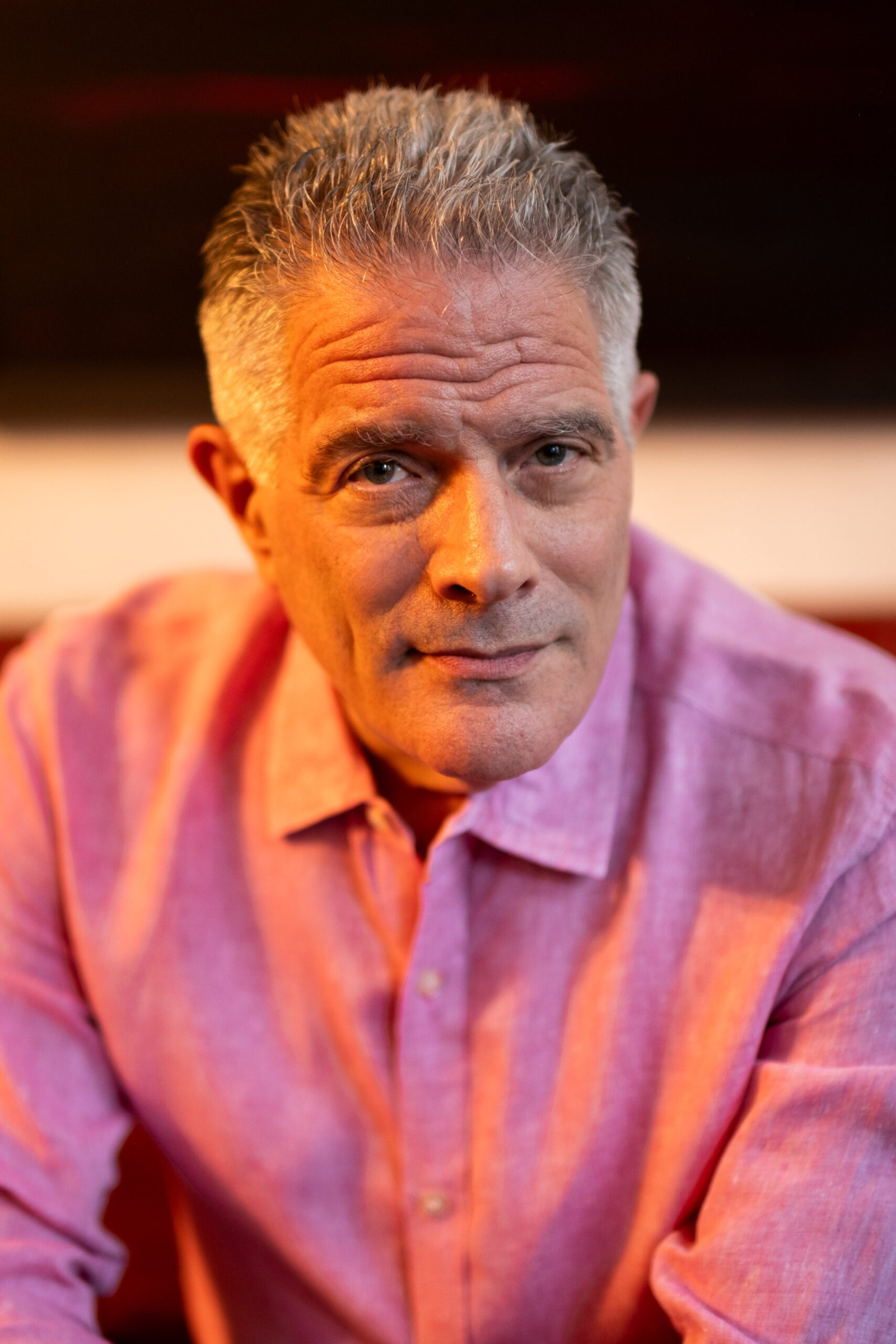I spent 22 years in China. For most of that time, I was a skeptic of Chinese innovation. From cars to coffee, the products were shoddy, copycat, and lacked brand equity. I believed fervently that America’s faith in bottom-up innovation, powered by individuals and decentralized markets, was our greatest and most unquantifiable strength.
I no longer believe that’s enough. Former General Motors exec Michael Dunne’s New York Times essay is more than a wake up call. It’s a slap in the face.
In prioritized sectors like EVs, batteries, solar, AI infrastructure, and high-speed logistics, China is not catching up. It is pulling ahead. These are not only strategic industries. They are the industries of the future. And the Trump-era tariffs? They are levees trying to hold back a hurricane.
I still believe in American ingenuity. But we must confront what China has become: a state-capitalist powerhouse capable of executing long-range industrial vision with speed, scale, and ruthless coordination.
This is not to deny China’s flaws. Its economy carries serious liabilities: bloated real estate, shrinking demographics, a demoralized and deprioritized consumer class, and a shredded safety net that makes even post-Trump America look generous. The Chinese people are offered stability, not well-being.
But China is not building a consumer paradise. It is building industrial sovereignty. Central investment. Vertical integration. Full-spectrum supply chain control. Infrastructure as economic strategy. Long-term execution over short-term gain.
Meanwhile, America is retreating into what Melanie Klein, an early and influential psychoanalyst, described as the paranoid-schizoid position: a psychological posture of black and white, good and evil, us versus them. Trump channels that fear, but he is also a symptom. And a nation locked in internal fracture—turning on itself, mistrusting institutions, mistaking grievance for strategy—cannot compete at the level this century demands.
If we think our belief in ourselves is under threat now, just wait. The next chapter may not only challenge our global standing. It may shake our very sense of safety and survival. The lowest rungs of Maslow’s ladder are already starting to buckle.
And yet there is still time. The Manhattan Project referenced in the Dunne’s article is more than a metaphor. It means bold investment, public-private coordination, infrastructure, and a national story rooted in contribution, not grievance. It will also require leadership that powerfully and eloquently calls upon our better angels and reminds us what we stand for: openness, individual liberty, pluralism, human rights, scientific inquiry, and a belief in second chances. Not Chinese values. American ones.
The world is not waiting, and neither should we.
If not, the wolves won’t just be at the door. They’ll be inside the house.

